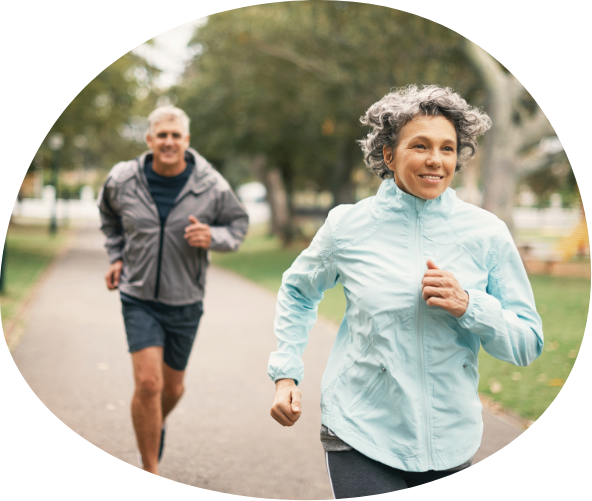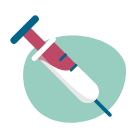
Living with Immunodeficiency
Connect with peers who understand
- Consider joining peer support group or peer support program
- Sign up for a patient education event
Maintain good hygiene to help prevent infections
- Wash your hands frequently and learn proper washing techniques
- Encourage your friends and family to also follow good hygiene practices
- Carry hand sanitizer if hand washing is not possible

Avoid exposure to people who have colds, flus, or signs of infection
- Avoid crowded areas and places where smoking occurs
- Consider wearing a mask in public places (e.g., doctor’s office or anywhere exposure is higher)
- Stay informed about disease outbreaks in schools and workplaces
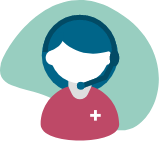
Recognize general signs of an illness or infection and get prompt treatment
- It is important to manage your health through any illness you may have
- Pay attention to symptoms and warning signs
- Always take your medication as prescribed and talk to your doctor
Techniques for Managing Needle Phobia
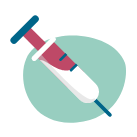
The facing-your-fear technique may seem like an impossible task at first, but it can be made manageable by breaking things down into small steps and confronting your fear gradually, starting with the easiest step first. The steps to overcome needle phobia may look something like this (from easiest to more difficult):
- Look at pictures of a needle or syringe.
- Hold a needle in your hand.
- Practice injecting water from a needle into an orange.
- Watch someone else having an injection.
- Have an injection.
Deep breathing and other relaxation techniques can help to control your breathing and help you feel relaxed. It is important that you learn the relaxation techniques when you are calm. Do not try to learn relaxation techniques for the first time when you are having the injection done. Try the following breathing technique:
- Sit comfortably and place your hands on your stomach.
- Let your stomach move out and fill with air as you breathe in deeply through your nose/mouth.
- Hold that breath in for 3 or 4 seconds.
- Breathe deeply out through nose/mouth while letting the stomach move back in.
- Repeat steps 2, 3 and 4, trying to get a deep and gentle rhythm going.
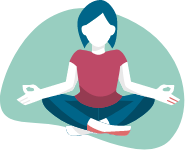
Imagery and distraction techniques can be used in situations where we feel anxious. It can be helpful to distract our attention away for a short time (usually during the most worrying bit). This can help us feel more in control and keep our anxiety levels manageable. Some examples of distraction techniques that you can try just before an injection are:
- Focusing on an object and describing it in as much detail as possible
- Activities that occupy the mind, such as counting back from 1000 by 7s, or thinking of animals beginning with each letter of the alphabet in turn
- Thinking of a place you find relaxing and feel safe – what can you see, hear, smell and feel

Coping statements and praise can help by repeating positive and encouraging statements to ourselves. Below are some examples of statements that other people with a fear of needles have found helpful.
Examples of coping statements
- Just concentrate on trying to keep my breathing relaxed and steady.
- Relaxing my muscles will help this go better.
- I’m doing this for my family, my children and myself.
Examples of praising statements
- I coped with that!
- I can be pleased with the progress I’m making.
- I’m getting better at managing this fear.
Travel Tips

When travelling with PID, it helps to plan ahead to ensure that everything goes smoothly. Below are some travel tips to consider.
More tips can be found in the
Digital Brochures section in the Travel Guide.
- An important first step is talking to your healthcare team about your travel plans and find out if they have any concerns or recommendations for you about your health

- Do some of your own research on your destination to find out about health risks. You can check the websites for the Centers for Disease Control and Prevention (CDC) and the Travel Health section of the Government of Canada website.
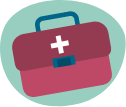
- Collect and organize your important health documents including a medical letter and a list of all medicines you take and medical equipment you need
- Prepare a travel kit with all your medicines
- Take along a first aid kit

